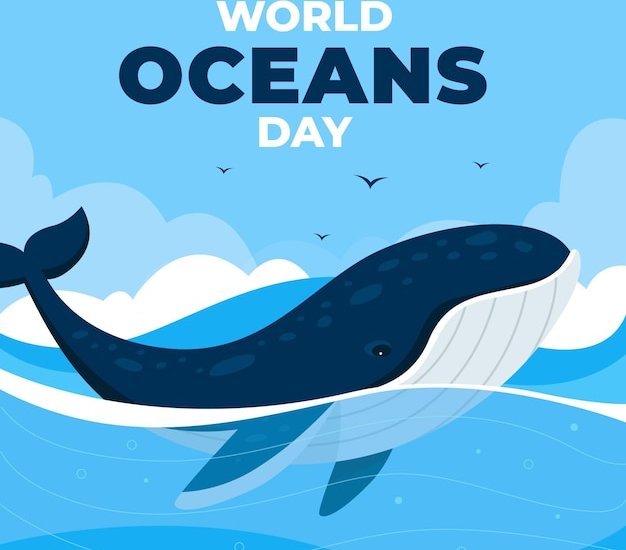10 fascinating facts about Costa Rica
Costa Rica is home to over 500,000 different species of animals and plants.
It is one of the few countries in the world without a military.
Costa Rica means rich coast in Spanish.
The country has a literacy rate of over 96%.
Costa Rica is known for its incredible biodiversity, with nearly 25% of its land devoted to national parks and reserves.
The country has over 200 volcanic formations.
Costa Rica’s national parks make up 12% of its territory.
The country has several active volcanoes, but they are generally considered safe for tourism.
Costa Rica has a blue butterfly, the Morpho, which is one of the largest butterflies in the world.
It has a high life expectancy, with an average of 80 years for both men and women.
Costa Rica is a popular destination for eco-tourism due to its commitment to environmental protection.
The country has more than 800 miles of coastline with both Pacific and Caribbean beaches.
Costa Rica has one of the highest levels of biodiversity in the world per square kilometer.
The country has a strong commitment to renewable energy, with over 99% of its electricity coming from clean sources.
Costa Rica is known for its coffee production and is one of the top coffee-exporting countries in the world.
The country hosts several turtle nesting sites, where tourists can witness the incredible sight of sea turtles laying their eggs.
Costa Rica is home to several breathtaking waterfalls, including the famous La Fortuna waterfall.
10 fascinating facts about Costa Rica part 2
The country has a diverse range of microclimates, from tropical rainforests to cloud forests.
Costa Rica is one of the only countries in the world to meet all five criteria set by the United Nations for environmental sustainability.
The country has a saying called pura vida, which means pure life and is a reflection of the country’s laid-back attitude and appreciation for life.
Costa Rica is a leader in sustainable agriculture, promoting organic farming methods and protecting its rich soils.
The country has over 100 different types of orchids.
Costa Ricans, also known as Ticos, are known for their warmth, friendliness, and welcoming nature.
The country’s flag consists of blue and white horizontal stripes, with the national coat of arms at the center.
Costa Rica has a strong commitment to education, with public schools offering education to all children, regardless of their economic status.
The country has a national system of protected areas, covering nearly 25% of its total land area.
Costa Rica is a popular destination for birdwatching, with over 900 bird species found in the country.
The capital city of San Jose is home to a vibrant arts and cultural scene, with numerous galleries, theaters, and museums.
Costa Rica is considered one of the safest countries in Central and Latin America.
The country has a strong tradition of environmental activism, with a history of successful conservation efforts.
Costa Rica is known for its delicious and fresh cuisine, with dishes featuring a variety of tropical fruits and vegetables.
The country is a hotspot for adventure tourism, offering activities such as zip-lining, white-water rafting, and surfing.
Costa Rica is home to six active volcanoes, including Arenal, which was one of the most active volcanoes in the world until recently.
The country has a unique system of protected forests called biological corridors that allows wildlife to move freely between different habitats.
Costa Rica has one of the highest levels of happiness and life satisfaction in the world.
The country has a strong commitment to gender equality, with the government actively promoting women’s rights.
Costa Rica has been a pioneer in sustainable tourism, with the concept of eco-tourism first gaining popularity in the country.
The country has a long history of democracy, with a stable and peaceful political system.
Costa Rica is home to more than 10% of the world’s butterfly species.
The country is home to several indigenous groups, each with their own unique culture and traditions.
Costa Rica has a strong surfing culture, with world-class waves attracting surfers from around the globe.
The country has a wide range of microclimates, allowing for diverse agriculture, including the cultivation of tropical fruits, coffee, and cacao.
Costa Rica is considered one of the best places in the world for studying and observing marine life, with abundant marine biodiversity.
Costa Rica has a unique system of national parks called biological reserves, which are protected areas specifically designated for scientific research and conservation.
The country has a high standard of healthcare, with both public and private options available to residents and tourists.

